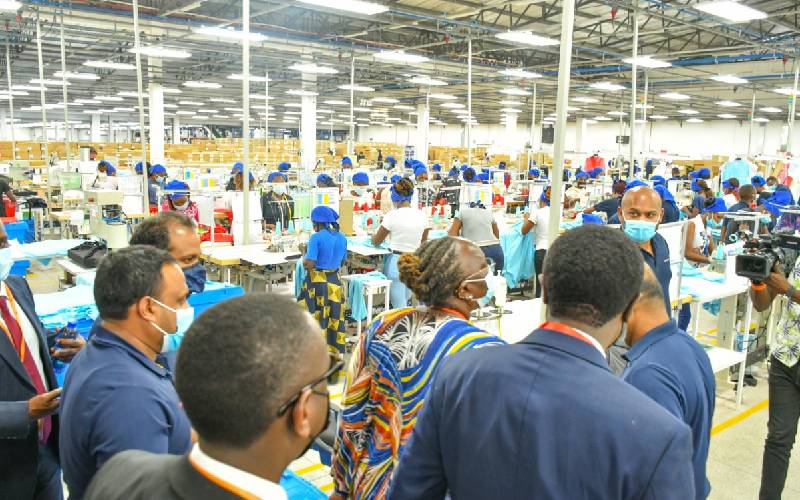×
The Standard e-Paper
Stay Informed, Even Offline

Trade and Industrialisation Cabinet Secretary Betty Maina when she toured the Athi River EPZ. [Courtesy]
Coffee has been one of Kenya’s largest exports since its introduction in the country over a century ago.